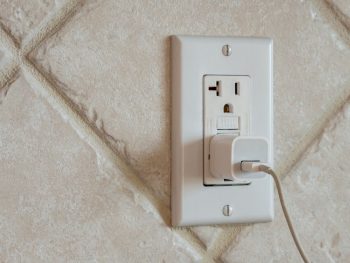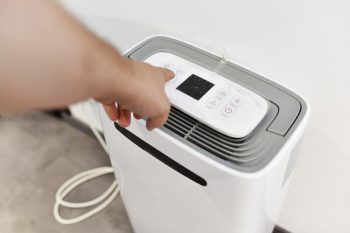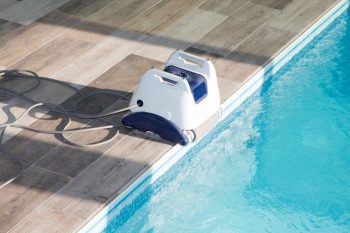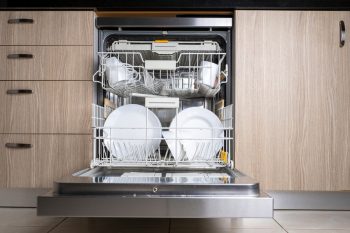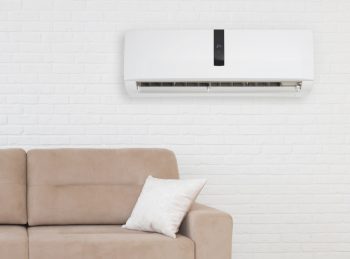
Air conditioning units are essential for maintaining a comfortable indoor environment, especially during hot summer months. However, they can sometimes experience issues that impact their performance, one of which is AC coil freezing. This article will delve into the reasons why AC coils freeze up and how to prevent this from happening.
AC coils can freeze up due to several reasons including lack of airflow, low refrigerant levels, mechanical issues, or blocked ducts and vents. Insufficient airflow can occur due to dirty air filters or issues with the ductwork. Low refrigerant levels, often due to a leak, can cause the evaporator coil to freeze. Mechanical issues like a malfunctioning fan or a clogged condensation line can also lead to freezing. Lastly, blocked ducts and vents can restrict airflow, causing the coil to freeze. Regular maintenance and checks can help prevent these issues.
Main Causes of AC Coil Freezing
AC coils can freeze up due to several reasons. Here are the most common ones:
Lack of Airflow
Insufficient airflow is one of the primary causes of AC coil freezing. This can occur due to dirty air filters or issues with the ductwork. Both these factors can weaken the airflow, hindering the system’s ability to keep the coils warm and running properly.
For instance, a dirty air filter can become clogged with dust and debris, restricting the amount of warm air that can pass over the coils. This can cause the coil temperature to drop, leading to ice formation.
Low Refrigerant Levels
Low refrigerant levels, often caused by a leak in the system, can lead to the freezing of the entire unit. Insufficient refrigerant levels make it difficult for the AC unit to regulate temperature, causing the evaporator coil to freeze. When the refrigerant level drops, the pressure of the refrigerant also decreases, which in turn reduces its temperature and boiling point. This can cause the coils to become excessively cold, leading to ice formation.
Mechanical Issues
Mechanical issues, such as a malfunctioning fan or a clogged condensation line, can also lead to AC coil freezing. A malfunctioning fan, for example, can impede airflow, causing the coils to freeze due to the lack of warm air circulation.
Blocked Ducts and Vents
Blocked ducts and vents can restrict airflow, causing the evaporator coil to freeze. If cool air isn’t moved away from the condensing coils quickly enough, the unit can freeze up in the pooled cold air.
Signs of AC Coil Freezing
Identifying the signs of AC coil freezing early can help prevent further damage to your unit. Here are some symptoms to look out for:
- Visible ice on the unit or refrigerant lines
- Warm air blowing from the vents instead of cool air
- Reduced airflow from the vents
- Frost on the refrigerant lines
- Increased condensation around the AC unit
Preventing AC Coil Freezing
Preventing AC coil freezing primarily involves regular maintenance and checks. Here are some steps you can take:
- Regularly replace or clean air filters: This ensures proper airflow and prevents the coils from becoming excessively cold.
- Schedule routine maintenance: Regular check-ups can detect issues early and keep your AC unit in good working condition.
- Check refrigerant levels: Regularly check your unit’s refrigerant levels and fix any leaks to prevent the coils from freezing.
- Ensure proper airflow: Keep all vents open and unblocked to maintain proper airflow.
Remember, if you suspect a frozen AC coil, it’s essential to address the issue promptly to avoid further damage to the system. In some cases, it may be necessary to consult a professional HVAC technician to diagnose and fix the problem.
In conclusion, AC coil freezing can be a common issue, but with proper maintenance and awareness of the potential causes and signs, you can prevent this problem and ensure your AC unit runs efficiently.
Frequently Asked Questions
How often should I replace or clean my air filters to prevent AC coil freezing?
Generally, air filters should be replaced or cleaned every one to three months, but this can vary depending on the type of filter your AC unit uses, the overall air quality, and whether you have pets. Always refer to your AC unit’s manual or consult with a professional HVAC technician for specific recommendations.
How do I know if my refrigerant levels are low?
Low refrigerant levels can lead to several signs including a hissing or bubbling noise (indicating a leak), the AC unit not cooling the home effectively, or a buildup of frost on the AC unit’s outdoor coils. If you suspect low refrigerant levels, it’s best to call a professional HVAC technician to inspect the system.
What does routine AC maintenance involve?
Routine AC maintenance typically involves inspecting and, if necessary, cleaning the components of the AC system, checking refrigerant levels, ensuring that all electrical connections are secure, checking for signs of wear or damage, and verifying that the system is operating at its optimal efficiency. It’s recommended to schedule routine maintenance at least once a year, preferably in the spring before the heat of summer sets in.
Can I defrost my AC coils myself if they freeze up?
Yes, you can defrost your AC coils by turning off your AC unit and running the blower to help melt the ice. However, this is a temporary solution and it’s important to address the underlying cause of the freeze-up to prevent it from recurring. In severe cases or if you’re unsure about the cause, it’s best to call a professional HVAC technician.
Can a frozen AC coil damage my AC unit?
Yes, a frozen AC coil can cause significant damage to your AC unit over time. Continuous freezing and thawing can cause the coil to crack, leading to refrigerant leaks. Additionally, the excess ice can put a strain on the entire system, potentially damaging other components and leading to costly repairs or even a full system replacement if not addressed promptly.

